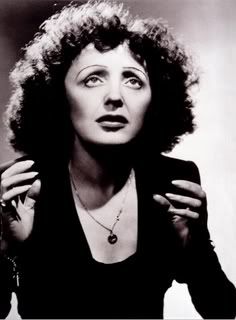Author: Audrey Niffenegger
First published: 2009
Published by: Jonathan Cape (UK)
Her Fearful Symmetry is the much anticipated successor of The Time Travelers Wife. This is the tale of two sisters, their parents, their deceased aunt Elspeth, and the enigmatic neighbours they encounter after inheriting their aunt’s London flat.
Julia and Valentina Poole are identical to the eye, but ‘mirror twins’ in almost every other way; from their internal organs (Valentina’s heart is on the opposite side to Julia’s) to their personalities. Their Henry James-esque relocation to England presents some challenges as Valentina increasingly demands her individuality. This sounds reasonable enough, but leads her to make some life-altering – in every sense of the word – decisions.
Her Fearful Symmetry is a ghost story that doesn’t begin as one. Elspeth’s funeral opens the book, which suggests that she will be known only through the legacy she leaves behind. But this is not the case as unfinished business prevents her from leaving her flat. Her partner Robert also has problems leaving her flat and struggles to keep his distance when the twins move in.
Similarly, upstairs neighbour Martin is confined to the walls of his apartment – but this is due to OCD rather than unfinished business. A theme soon emerges: a group of people are thrown together in a slightly claustrophobic manner (despite the large floor-plans of their homes) and they cannot regain a sense of normality until they leave.
Niffenegger creates very convincing characters that are easy to care about. But just as you think you’ve mastered them, she throws in a huge plot twist which forces you to question their motives and morals.
Here, death is just something people live with, not something to get upset about. This gives the novel a gothic edge, so perhaps not a book for a sunny day at the beach.
After finishing this book I was left flicking through the acknowledgements to see if they would shed any light on what just happened. They didn’t, and I was left with a bit of unfinished business myself.
For more information, or to order the book, visit: audreyniffenegger.com/her-fearful-symmetry

.jpg)

